A poetic yet urgent call to action, the documentary, "Dhakar Pakhi: Chhoto Hoye Ahschey Akash," chronicles the quiet disappearance of birdlife in Dhaka — revealing not just what we are losing from our skies, but what we risk forgetting within ourselves.
For about 15 months, filmmaker Asker Ibne Firoz (Rusho) has been in pursuit of filming a documentary that will showcase bird displacement to the people of our country. The documentary, currently being shot is hoping to depict in moving detail the fragile lives of birds in Dhaka.
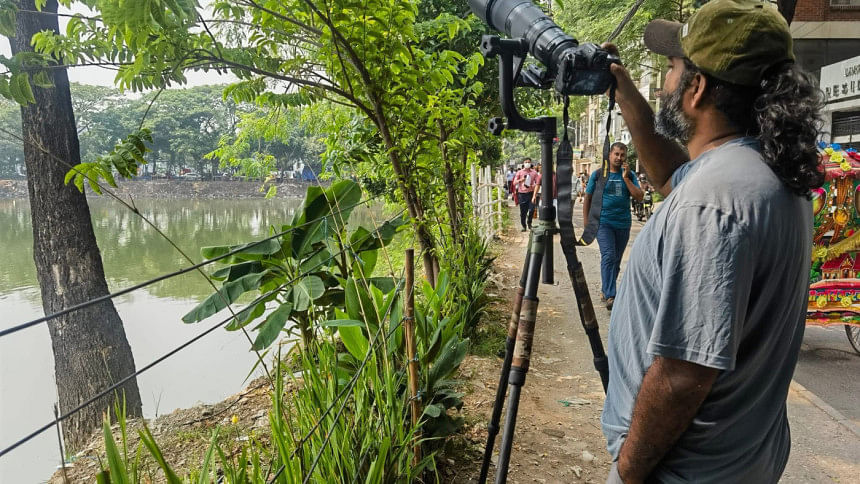
Firoz points out that things are changing fast in Dhaka. The wetlands, grassy patches, and quiet groves that once provided sanctuary for hundreds of bird species are now being wiped away due to urbanisation.
"If you look back at 20 years, the same grassy areas are not here anymore. Places like Purbachal, Rupganj, and other areas outside Dhaka still have some greenery, but that, too, is fading. If we don't act now, in 20 years, they'll look just like Dhaka," voiced Firoz, with concern.
That is a chilling prediction, however, the story is not just about birds. It is also about us. This becomes a tale about what we stand to lose along the way, and how distant we have become from our own environment.
Hardly anybody knows that more than 200 bird species call Dhaka home. So, the question begs, should we not be a little more aware of our environment? After all, every animal plays an equally important role in balancing nature. Wildlife is not only about beauty, but also about mutual survival. Yet, we seem to forget that.
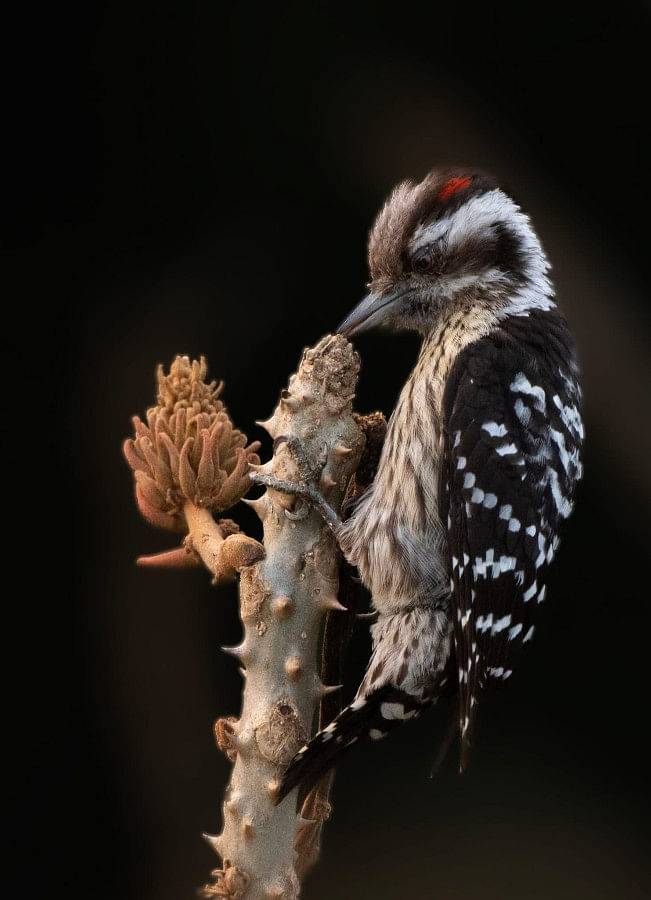
Firoz questioned, "The several species of birds in and around Dhaka are one of our most underrated natural resources. But, how can we possibly protect that which we don't even know exists?"
The documentary is aimed at opening the hearts and minds of the general people, especially the children of tomorrow. This is because the future relies on what they choose to do with the knowledge of the documentary – will they protect the birds or forget them?
"In human films, there are roles, timetables, structure," Asker Ibne Firoz explains. "But here, nature writes the story. You might wait three to four days just for a single moment. You might sit in rain, heat, and complete silence, just for a glimpse that might change your perception of things."
A memorable scene was when the crew, drenched and huddled in raincoats, filmed a mother bird feeding its chick, which was struggling due to the rain.
"The baby bird needed warmth from food to survive. We watched as the mother tried again and again, in the downpour. That's the kind of love and instinct you can't script." Firoz recalls.
Ultimately, there is no pinning down or moralising in this documentary. Rather, there is an invitation instilled with passion. An invitation to see, to feel, and, finally, to do. In an evolving world, this film offers an opportunity to step back for a rare moment.
The documentary is due to be released in February 2026.
Photos: Asker Ibne Feroz



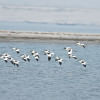

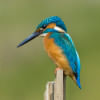

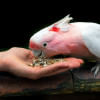
Comments